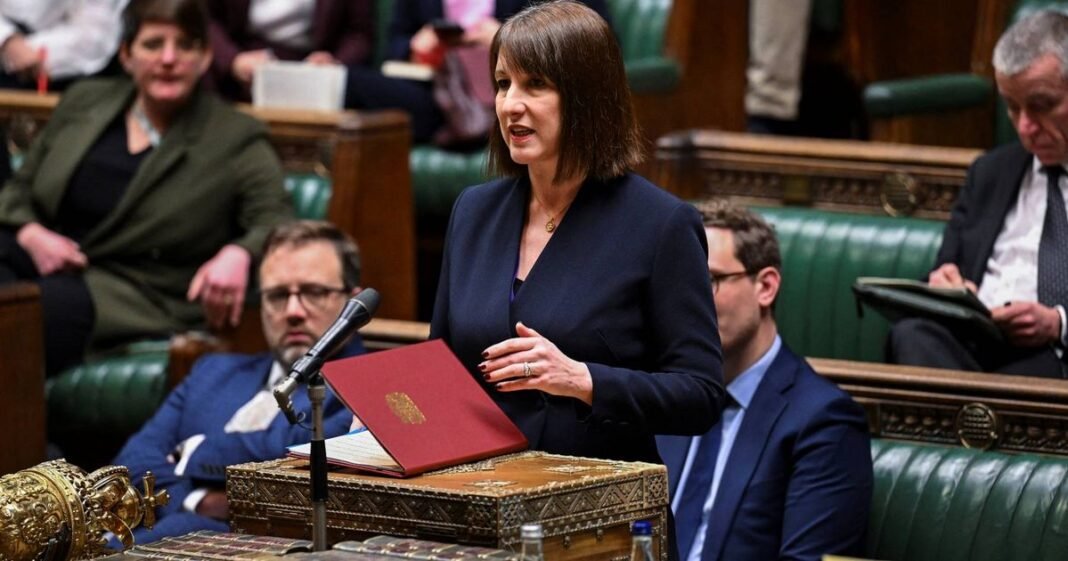Labour has taken over the country’s finances in disarray from the previous government, leading to discussions about potential tax increases and spending cuts by Chancellor Rachel Reeves. The Budget is scheduled for November 26, prompting speculation on the measures Reeves may introduce. One possible option experts foresee is prolonging the freeze on income tax and national insurance thresholds, resulting in more people paying higher taxes by 2028/29.
Rachel Reeves opposes extending the freeze further, citing the negative impact on working individuals. However, Prime Minister Keir Starmer has not ruled out this possibility. Extending the freeze could generate up to £10 billion by 2028, but it is a contentious issue as it would bring more people into higher tax brackets, including the 45% band. Another suggestion is raising the 45% rate to 50%, although the revenue generated remains uncertain according to the Institute for Fiscal Studies.
The freeze on fuel duty has been in place since 2011, with the current rate at 52.95p per litre for petrol and diesel, plus a 20% VAT. While fuel duty is expected to contribute £24.4 billion to the Treasury this year, maintaining the freeze is estimated to have cost the exchequer around £130 billion. The temporary 5p cut is set to expire next March, potentially impacting regular drivers.
There has been growing support for a wealth tax, with proposals for a 2% levy on assets exceeding £10 million to fund public services without burdening the broader population. However, Rachel Reeves has rejected the idea, emphasizing the government’s current tax strategy. Speculation suggests Reeves may introduce significant changes to stamp duty and property taxes in the upcoming Budget, including the introduction of a new property tax for homes valued over £500,000.
Various reports indicate potential adjustments to capital gains tax exemptions, inheritance tax, and pension tax relief to boost government revenue. Furthermore, discussions have emerged around imposing higher taxes on banks and gambling firms to address financial challenges and fund social programs. Overall, the government faces tough decisions on tax policies to balance revenue generation with economic growth and public welfare.

